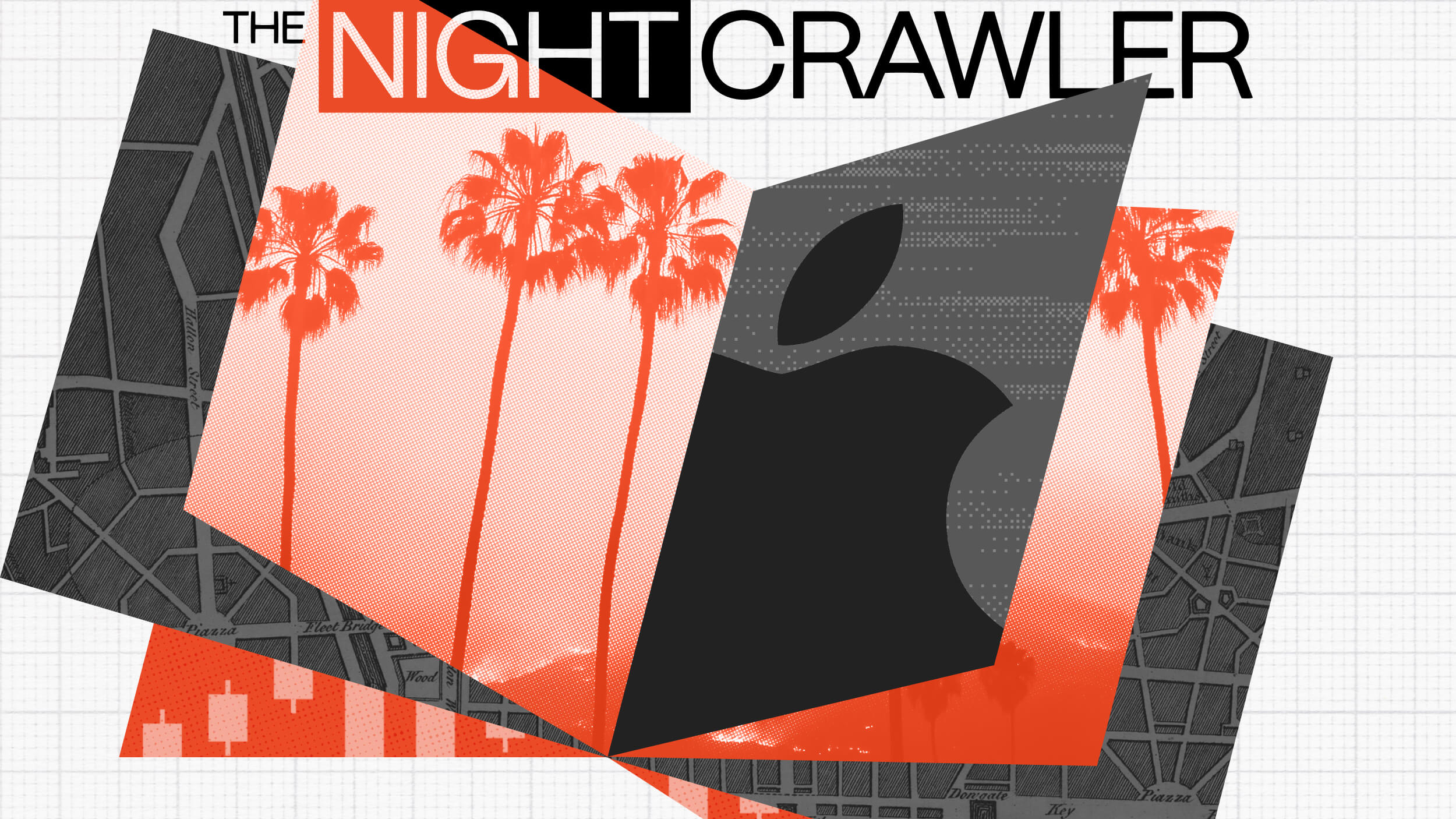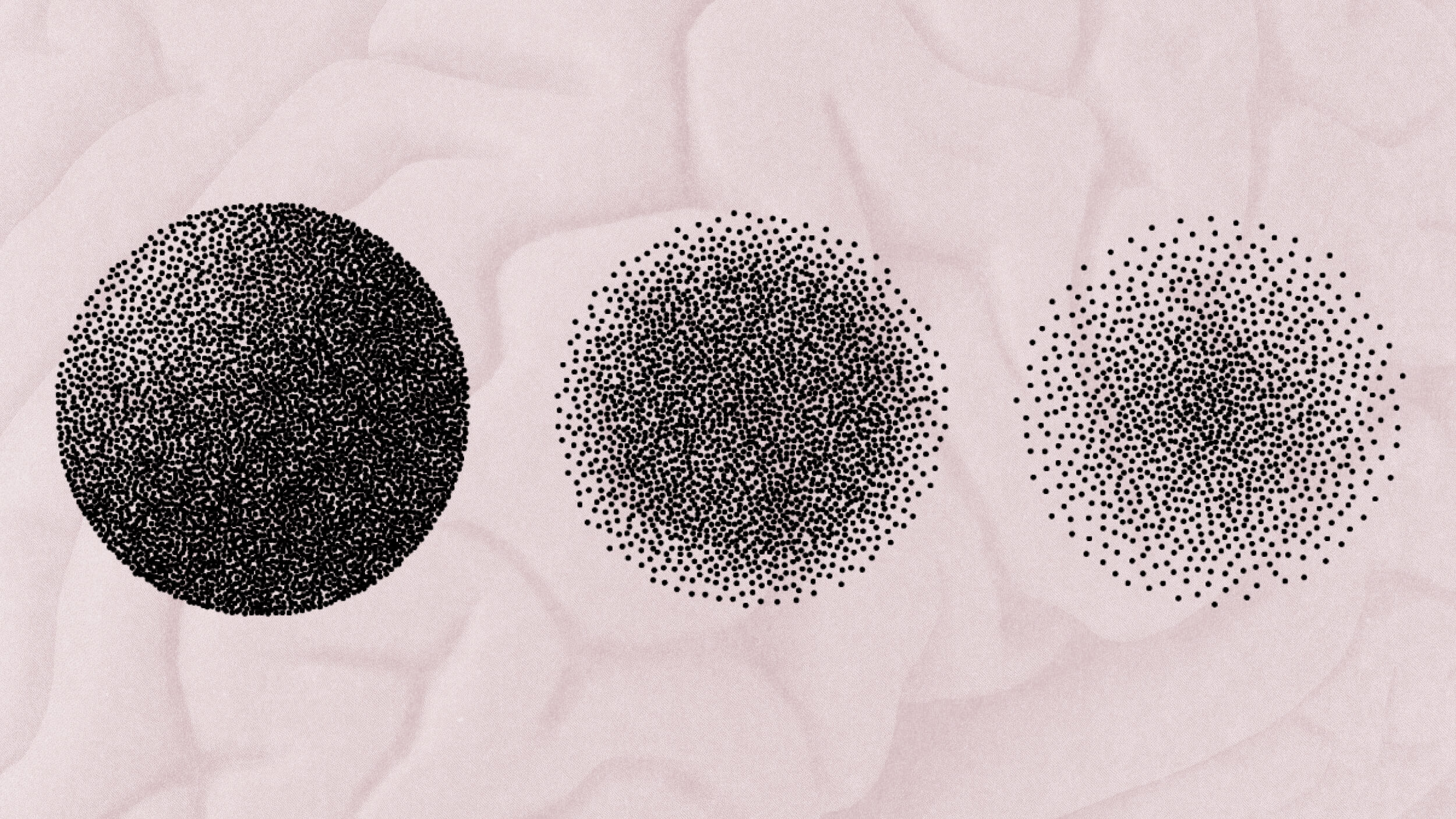There is No Scientific Method

I was very influenced when I was in graduate school by Paul Feyerabend who was a great philosopher of science who argued that there is no scientific method, that we scientists are opportunists, that we do whatever it takes to succeed at any time and to succeed means to deepen our knowledge, to have better knowledge, a better understanding of nature.
But there’s no magic bullet. There’s no magic formula that gets us there. There’s no set of rules. There’s no methodology that gets us there. So why does science work? Paul Feyerabend believed – and he’s often misunderstood – that science worked, and he deeply loved science. I met him and talked with him a number of times.
Feyerabend thought it was very important to underline that we didn’t know why science works. And so I gave a lot of thought to this problem over the years and my point of view, my proposal, is that science works because scientists form communities and traditions based not on a common set of methods, but a common set of ethical principles. And there are two ethical principles that I think underlie the success of science and I call these the Principles of the Open Future. The first one is that we agree to tell the truth and we agree to be governed by rational argument from public evidence. So when there is a disagreement it can be resolved by referring to a rational deduction from public evidence. We agree to be so swayed.
Whether we originally came to that point of view or not to that point of view, whether that was our idea or somebody else’s idea, whether it’s our research program or a rival research program, we agree to let evidence decide. Now one sees this happening all the time in science. This is the strength of science.
The second principle is that when the evidence does not decide, when the evidence is not sufficient to decide from rational argument, whether one point of view is right or another point of view is right, we agree to encourage competition and diversification amongst the professionals in the community.
Here I have to emphasize I’m not saying that anything goes. I’m not saying that any quack, anybody without an education is equal in interest or is equal in importance to somebody with his Ph.D. and his scientific training at a university. And it’s very important to say that because I get a lot of mail from people who miss that.
I’m talking about the ethics within a community of people who have accreditation and are working within the community. Within the community it’s necessary for science to progress as fast as possible, not to prematurely form paradigms, not to prematurely make up our mind that one research program is right to the exclusion of others. It’s important to encourage competition, to encourage diversification, to encourage disagreement in the effort to get us to that consensus which is governed by the first principle.
So those are the two principles that I think govern science. And I think that part of becoming a scientist is being trained well enough that you can be trusted to present your evidence, your arguments in light of those two principles.
Now just in addition a thing that I think is interesting about seeing science that way is that makes science very closely connected to democracy because I think that those same two principles governing the success of democratic societies. And therefore it’s not an accident that the history of science is intertwined with the history of democratic societies and it’s not an accident that science has flourished best, not exclusively, but mostly in democratic societies.
In Their Own Words is recorded in Big Think’s studio.
Image courtesy of Shutterstock.





